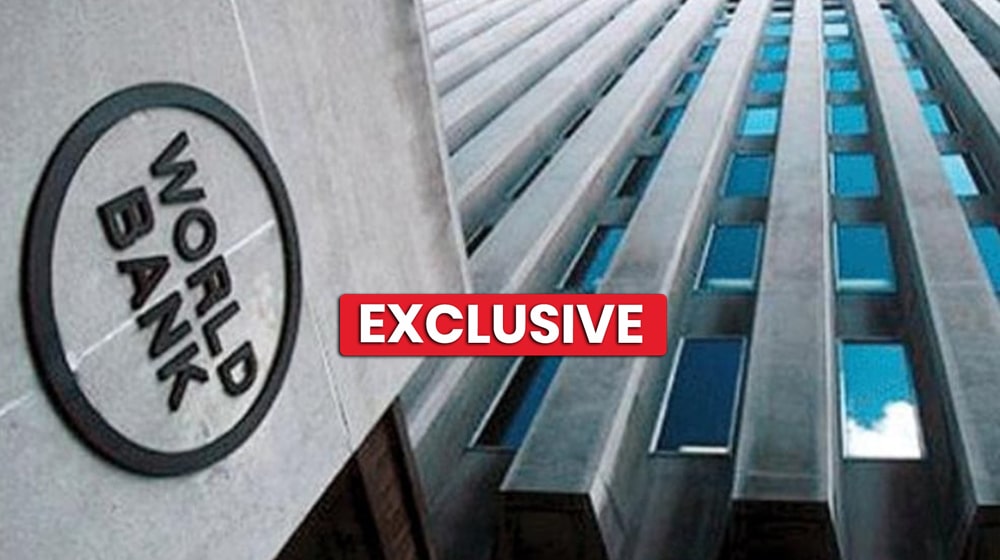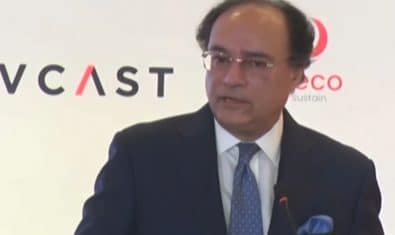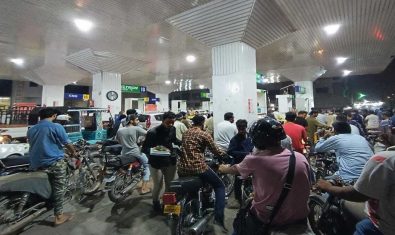The World Bank (WB) will provide $310 million for the Sindh Water and Agriculture Transformation (SWAT) project to increase Sindh’s agricultural water productivity and improve its water resource management.
The concept clearance proposal for SWAT that the government of Sindh submitted to the Planning Commission detailed that the project will cost $310 million and will be funded by the World Bank (IDA loan) and the Green Climate Fund (GCF Grant), according to official documents available with ProPakistani.
The project will be executed in the hydraulic boundaries of 22 districts of Sindh and will be completed in five years (January 2022 to December 2026), as mentioned in the documents.
About the SWAT
SWAT represents the next generation of World Bank’s support for Sindh’s agriculture and irrigation sectors. The Water Sector Improvement Project (WSIP) was closed in 2020, and the Sindh Agriculture Growth Project (SAGP) and the Sindh Irrigated Agriculture Productivity Enhancement Project (SIAPEP) will close in 2021-22.
SWAT will build upon the accomplishments and lessons of these projects, with a focus on geographically co-locating agriculture and irrigation investments for maximum rural development impact. It will also support provincial-wide activities such as integrated water resources to fulfill its objectives.
The project’s overarching theme is the nexus of water and agriculture, and its objective is to increase agricultural water productivity and improve water resource management to boost Sindh’s rural economy and address its water-related environmental degradation.
In summary, Sindh can get more value from its agricultural sector while using less water, and SWAT will assist its government to follow up on the Sindh Agriculture Policy 2018 and the National Water Policy 2018.
There are four components of the project: water resource management, water service delivery, agriculture subsidies, an investment component, and project coordination and monitoring.
Here is its detailed scope:
- Rehabilitation and improvement of Akram Wah of Kotri Barrage, Lower Nara Canal Head Regulator (D/s Outlet from Chotiari Reservoir).
- Emergent work on the right bank canals off taking from Sukkur Barrage.
- Canal modernization in all the existing three area water boards: Nara canal, left bank canals, and Ghotki feeder.
- Strengthening the agricultural policy reforms on agriculture investments for innovation, technical knowledge to improve agriculture extension services, and research systems.
- Competitive investments to improve agricultural systems through demand-driven efforts.
- Invest in improving the crop reporting system, and the development of a Market Information system.
- Provision of a co-sharing subsidy on agriculture implements, inputs, machinery, and equipment.
- Capacity building of extension research and OFWM officials/scientist and project management team at the PMU/Delivery Unit level Rehabilitation and upgrading an office building for agriculture extension and research with latest equipment/machinery.
The project will also help conduct various studies, including:
- Conducting feasibility studies/detailed design for right bank canals.
- An organization plan to establish three area water boards on the right bank canals (Rice canal, Dadu canal, and the NW canal).
- Conducting feasibility studies on the modernization of distributaries and minors.
- Preparation of the Sindh Water Resources Management Plan, and preparing a plan to transform the Irrigation Department into the Irrigation Water Resources Department (IWRD).
- Preparation of the legal framework.
- Preparation of updated financial regulations for the SIDA, AWBs, and FOs preparation of studies for the design for Sindh Hydro Informatics (including groundwater).
- Project baseline study as a benchmark for future impact assessments.
- An assessment study to identify the agriculture extension and research facilities/laboratories for rehabilitation/modernization.
- Conducting a capacity assessment of the department for recommending the training plans for the officials and experts under the capacity development program.
- Studies for the introduction of climate Smart Agriculture & Saline Agriculture.
The technical assistance portion of the scope of the project is as follows:
- Providing technical support/assistance to the existing three Area Water Boards and farmer organizations in the jurisdiction of these AWBs.
- The establishment of new three area water boards on the right bank of the Indus.
- The establishment of a Farmer Organization on the right bank of the Indus (100 FOs).
- Technical assistants to support the project implementation (PIC), training, and capacity building consultants.


























